Project Description:
This project addresses the interconnected challenges of living and learning, parenting and teaching, and governing cities in times of climate emergency and persisting social inequities. To do so, Heat Watchers in Action accelerates a citizen science initiative promoted by scientists and policy-makers to monitor the indoor effects of climate change on urban vulnerable households with children to be more impactful, solution-oriented, and sustainable over time.
Specifically, we enrich a citizen science pilot engaging children as heat watchers during the summer of 2024 in the metropolis of Barcelona with a more ambitious program including workshops to co-interpret the results and cocreate solutions for equitable child-oriented adaptation with both children and parents; multi-stakeholders World Cafes to share and upscale project learnings and to refine co-created solutions; and capacity-building workshops to train facilitators of future Heat Watchers in Action programs. We expect to enable equitable and child-oriented adaptation to climate change while contributing to energy poverty alleviation, science literacy, and innovative, participatory, and policy-oriented research.
Project Type: Kick Starting Grant
Theme: Justice and Equity, Climate
Mentor:Inês Navalhas
Heat Watchers in Action: Enabling Equitable Child-Oriented Climate Adaptation through Citizen Science
Heat Watchers in Action is a citizen science initiative focused on monitoring the indoor effects of climate change on vulnerable urban households with children. This project aims to enable child-sensitive climate adaptation strategies. With support from the IMPETUS Accelerator, we enhanced our 2024 pilot in the Barcelona metropolitan area by making it more impactful, solution-oriented, and sustainable.
The enhanced program incorporated workshops to co-interpret results and co-create equitable adaptation solutions with children and parents. Additionally, it included multi-stakeholder discussions to explore potential scalability and implement proposed solutions, alongside capacity-building sessions to train future facilitators.
The project engaged 97 students aged 10 to 12 from three schools located in climate-vulnerable and socio-economically disadvantaged areas of metropolitan Barcelona. These young participants were trained as “heat watchers” and tasked with monitoring indoor thermal comfort in their households. Using sensors and innovative “Heat Diaries,” they recorded their daily thermal perceptions, while their parents provided insights through surveys.
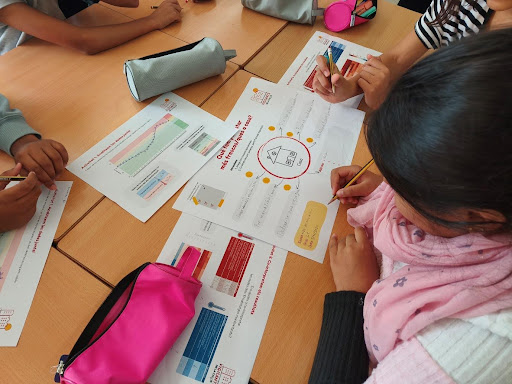
Figure 1. Heat Watchers in Action workshops at schools
The monitoring period revealed that outdoor temperatures were generally mild, resulting in satisfactory indoor conditions for most households. However, some homes experienced daily maximum temperatures exceeding 28°C, indicating a significant risk of thermal discomfort during hotter weather. The data collected was compared with subjective perceptions of comfort, highlighting differences between children’s and parents’ experiences.
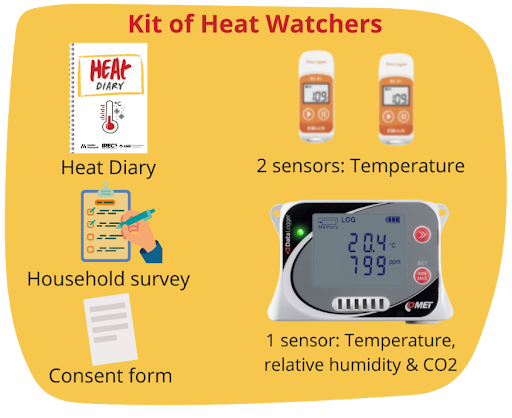
Figure 2. Each pupil participates in four workshops facilitated by trained scientists and is equipped with a Kit of Heat Watchers
Through the Heat Diaries, the project captured various strategies children used to stay cool, which were primarily low-cost and accessible. These included using fans, eating ice cream, drinking more fluids, and taking extra showers.
After the monitoring phase, students analyzed the findings during workshops and proposed creative adaptation solutions. Ideas ranged from imaginative concepts like “winged flying fans” to practical suggestions such as providing free healthy ice creams, adding more shaded areas and public fountains, and offering discount vouchers for portable fans.
The findings were shared with stakeholders at international events, including the Energy Poverty Advisory Hub International Annual Conference and the Urban Transitions 2024 Conference. Locally, the project engaged with communities through platforms like the Barcelona Citizen Science Community of Practice and the Catalan Third Social Sector Platform.
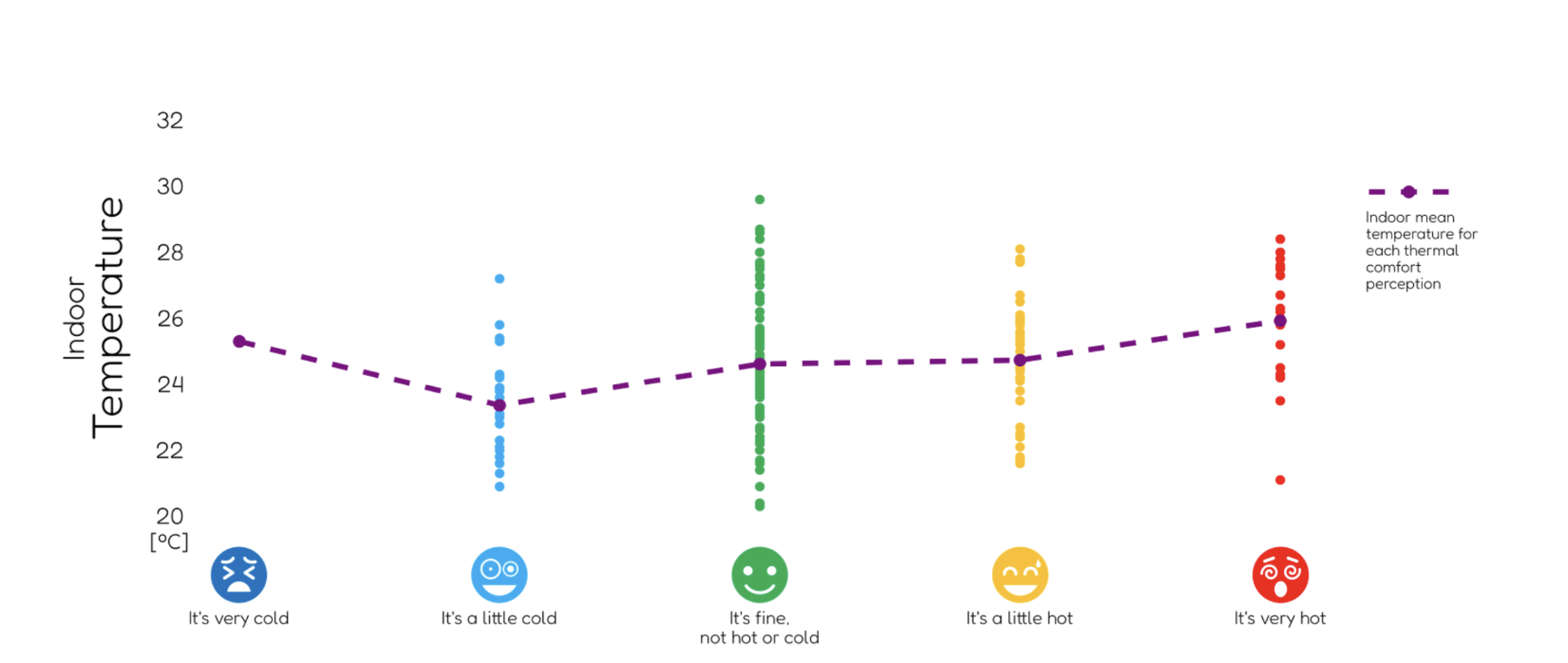
Figure 3. Children thermal comfort perceptions noted at the Heat Diary related to monitored indoor temperature
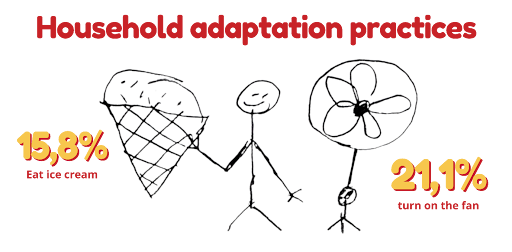
Figure 4. Main practices mentioned by engaged children through the Heat Diaries
Looking ahead, the metropolitan government of Barcelona plans to scale up the initiative in the coming summer as a Service Learning Project (APS) for primary and secondary schools. To support this expansion, insights from the pilot have been shared, and facilitator training has been provided to ensure successful implementation.
Heat Watchers in Action demonstrates the power of engaging children in climate adaptation efforts. By incorporating their voices and experiences, the project fosters equitable solutions that benefit both current and future generations. Through this initiative, communities are better equipped to navigate the challenges of climate change in an inclusive and sustainable way.
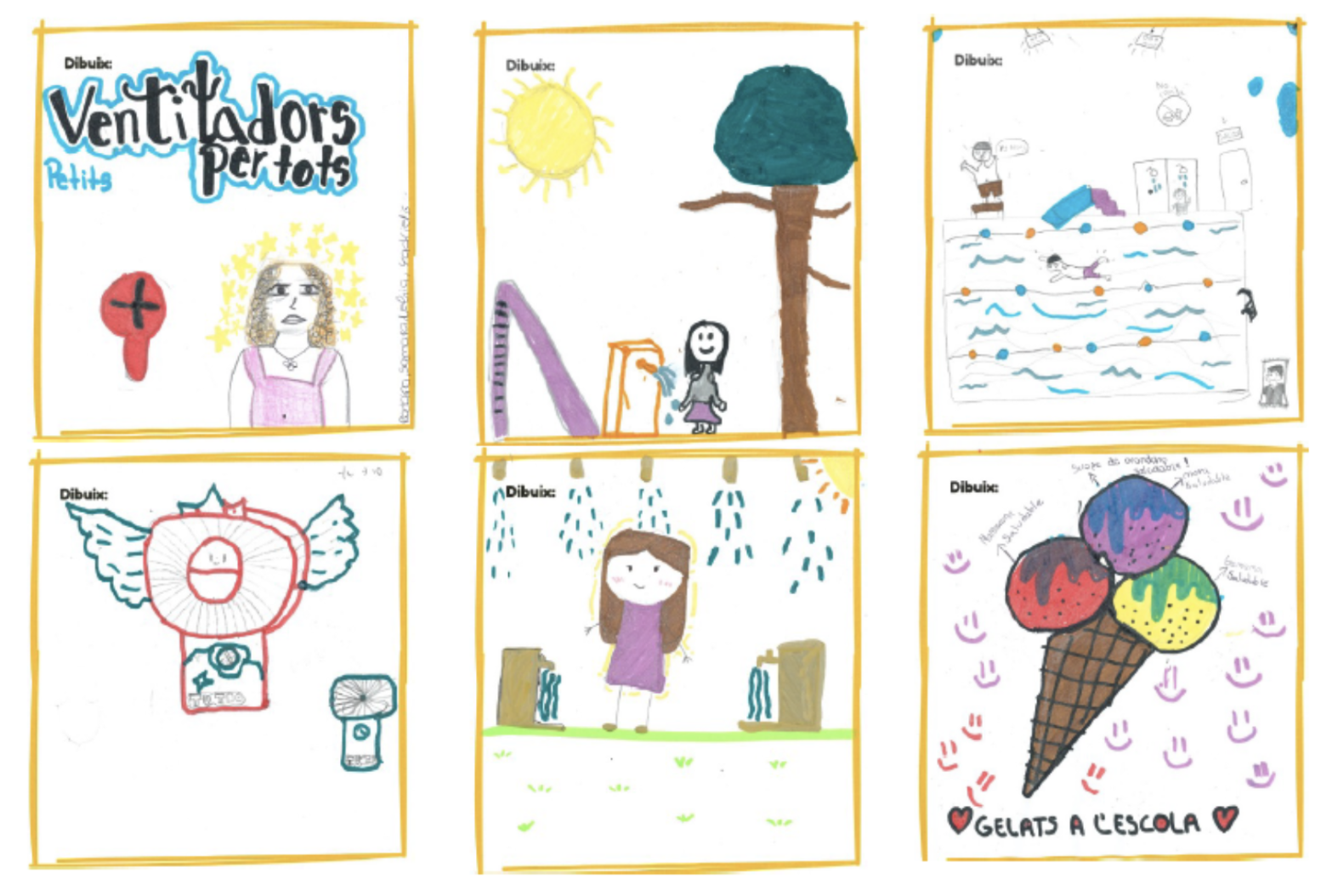
Figure 5. Example of proposals emerged during the co-creation workshops



